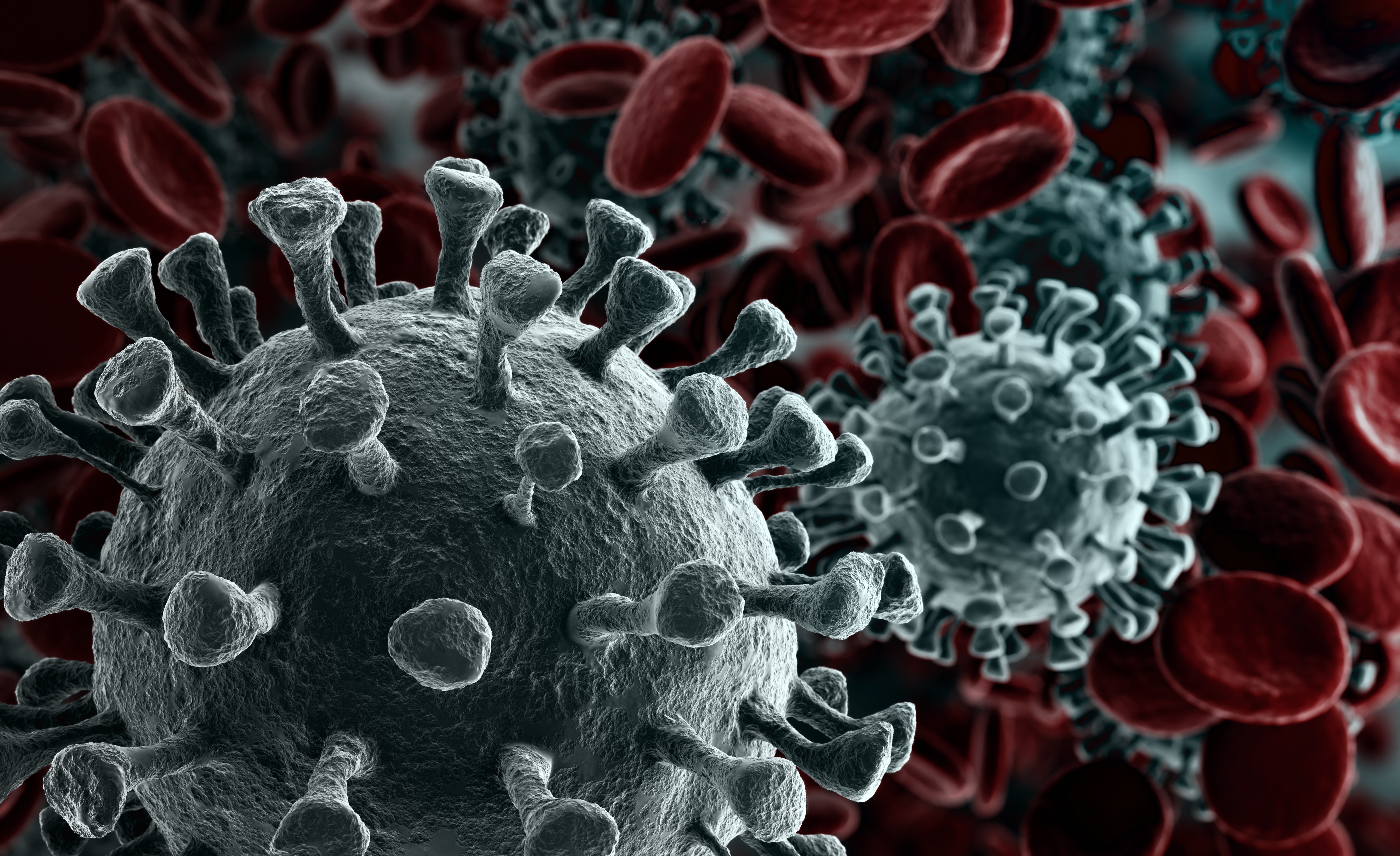 3D rendering Coronavirus 2019-nCov novel coronavirus
3D rendering Coronavirus 2019-nCov novel coronavirus
As the World Bank continues to help strengthen countries’ health systems to curb the spread of COVID-19, the pandemic shows the importance of universal health coverage and the need for sustainable health financing. As the global number of COVID-19 cases continue to climb and raise the risk of a secondary health crisis, experts are increasingly concerned about potentially devastating effects on women and children.
How the World Bank is Mitigating the Impacts of COVID-19 in the Health Sector | Feature Story
The COVID-19 pandemic has been a wake-up call, underscoring the importance of investing in resilient health systems that can detect, identify, treat, and halt transmission. It highlights the critical need to invest in better preparedness. To save lives, the World Bank is helping strengthen countries’ health facilities and ensure that enough well-trained frontline health workers are in place.
Health systems now face the dual challenge of responding to the outbreak and maintaining essential services. COVID-19 has reignited a debate from previous health emergencies: how to make health systems sufficiently resilient to manage shocks in ways that protect everyone, especially the most vulnerable? Where do we need to start thinking differently, and what can we do differently, to be better prepared for emergencies and make progress towards universal health coverage (UHC)?
As countries slowly emerge from lockdowns, they must determine the best way forward for their health systems and economies in the face of uncertainty. Understanding health financing resilience and ways to improve it will be critical for this process, particularly if countries are hit by second or third waves of COVID-19. The fifth Annual Health Financing Forum next month will focus on these themes.
The risks of a secondary health crisis for women and children: 3 things to know | Blog
Millions of lives are at risk as COVID-19 increasingly disrupts access to essential, life-saving health services for women and children in low- and lower-middle-income countries. When already fragile health systems flex to respond to a serious outbreak, funding and efforts to deliver routine services for women and children are often diverted, endangered or deprioritized, with a devastating impact on health and equity.
Standing with the people of South Asia in the fight against COVID-19 | Blog
Overcrowded cities and homes have made it easier for the virus to spread in South Asia, and new cases are increasing exponentially. The region is now approaching close to 800,000 reported cases and over 19,000 deaths. World Bank support has helped governments buy vital protective equipment and medical supplies for frontline workers, provide learning to children, and deliver cash transfers and food to the most vulnerable.


Join the Conversation